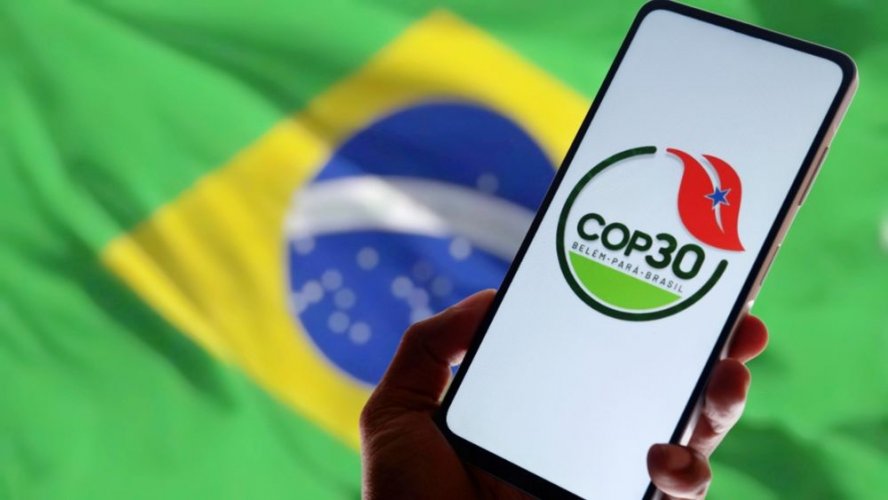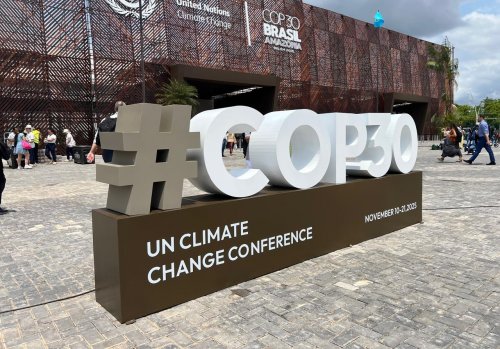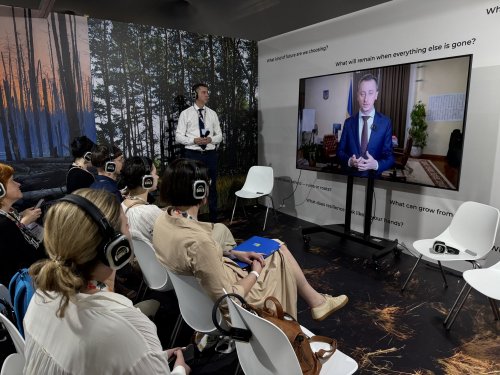The 30th Conference of the Parties to the United Nations Framework Convention on Climate Change (COP30) will be held in Belem, Brazil, from November 10 to 21. The aim of the summit is to agree on concrete solutions to help the world keep global temperature rise within 1.5°C, in line with the goals of the Paris Agreement.
The EcoPolitic team analyzed the main expectations and key topics to be discussed at COP30.
Representatives of almost 200 countries are expected to attend, as well as international organizations, scientists, business and civil society.
At COP30, delegates will focus on several strategic areas:
1) Updating and strengthening Nationally Determined Contributions (NDCs)
Countries will present new commitments to reduce emissions and adapt to climate change.
2) Financing climate action
Participants will discuss ways to ensure fair allocation of resources, support for developing countries, and fulfilling promises regarding "climate finance" in the amount of $100 billion per year.
3) Accelerating the energy transition
Countries will focus on the development of renewable energy sources, energy efficiency, and the gradual phase-out of fossil fuels.
4) Preservation of forests, oceans, and biodiversity as key natural carbon sinks
Participating countries will transform the agricultural sector and food systems to reduce emissions and enhance food security.
5) Cities and infrastructure
They will integrate environmental solutions into urban development.
Conference format
Prior to the main part of COP30, the so-called “Leaders’ Summit” will take place – a high-level meeting of the leaders of COP30 participant countries on November 6-7 in Belém.
However, the official negotiations will be accompanied by thematic days, panels for business and civil society, technology exhibitions, and youth initiatives. COP30 includes a system of accreditation and participation, including through an online platform.
How Ukraine is preparing for the summit
On October 21 in Kyiv, a discussion was held entitled “Ukraine’s Climate Achievements – On the Road to COP30.” The event was attended by representatives of the government, international organizations, civil society, entrepreneurs, scientists, and experts.
Five thematic blocks that Ukraine will propose at COP30:
- War and climate;
- Updating climate policy and outcomes despite the war;
- Food security;
- Balanced (green energy) recovery;
- Innovation/startups.
The Ukrainian delegation aims to integrate the climate component into international mechanisms for compensation for damage caused by military operations. In particular, Ukraine seeks to attract additional funding for certain environmental projects.
As EcoPolitic wrote earlier, in November, the European Union will set new emission reduction targets for 2035 and 2040 by COP30.
European Commission President Von der Leyen said that Europe will meet its climate goals as Brussels cuts red tape. This will help businesses with the green transition. It will also help attract investment in the power grid so that consumers can benefit from cheaper renewable energy.
The European Parliament's Committee on Environment, Climate and Food Security has approved 3 main requirements for the UN COP30.
The EU countries, along with China, took over leadership in climate policy after the US withdrew from the Paris Agreement in 2015, but the leaders risk a quarrel on the eve of COP30.




